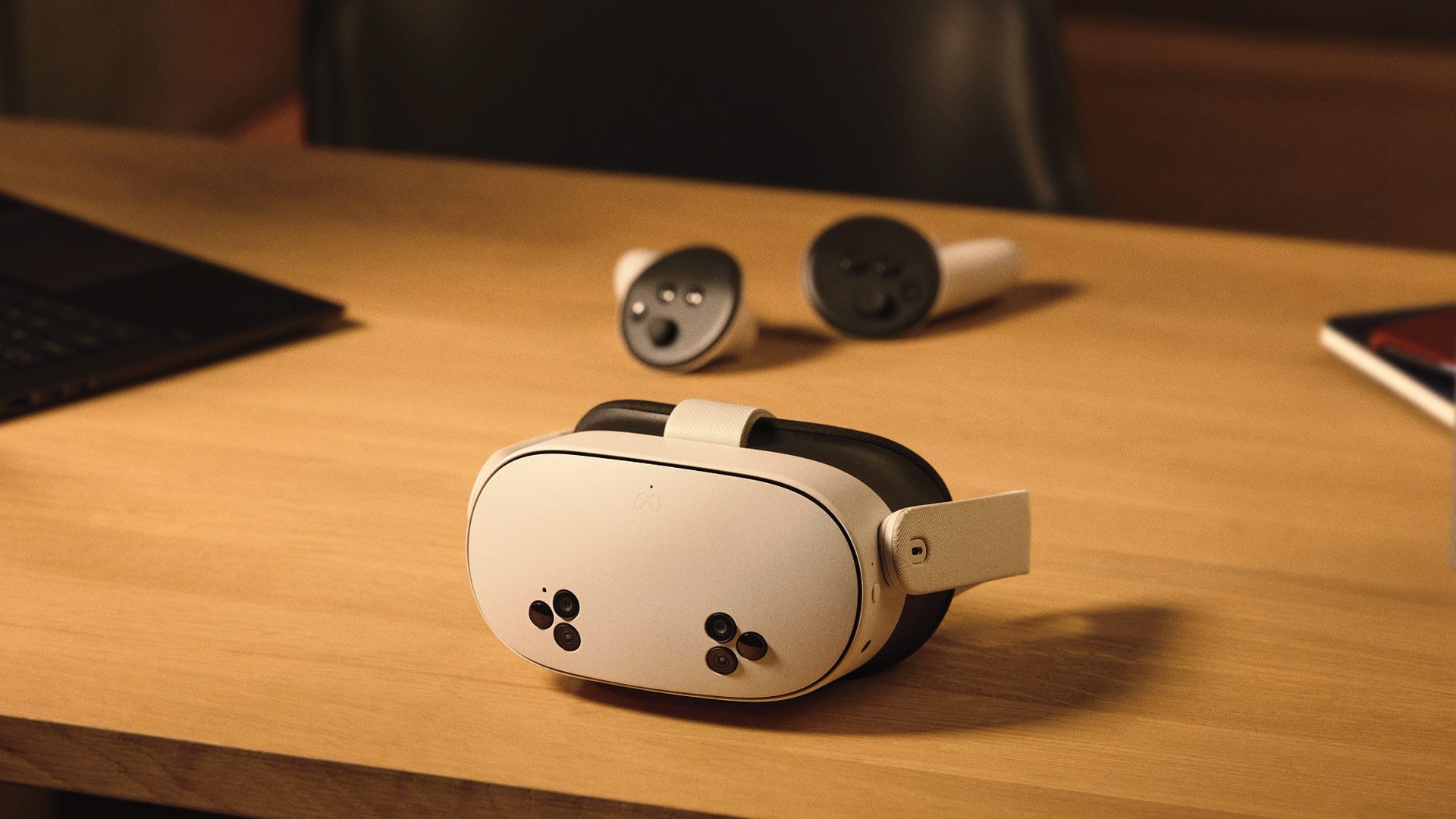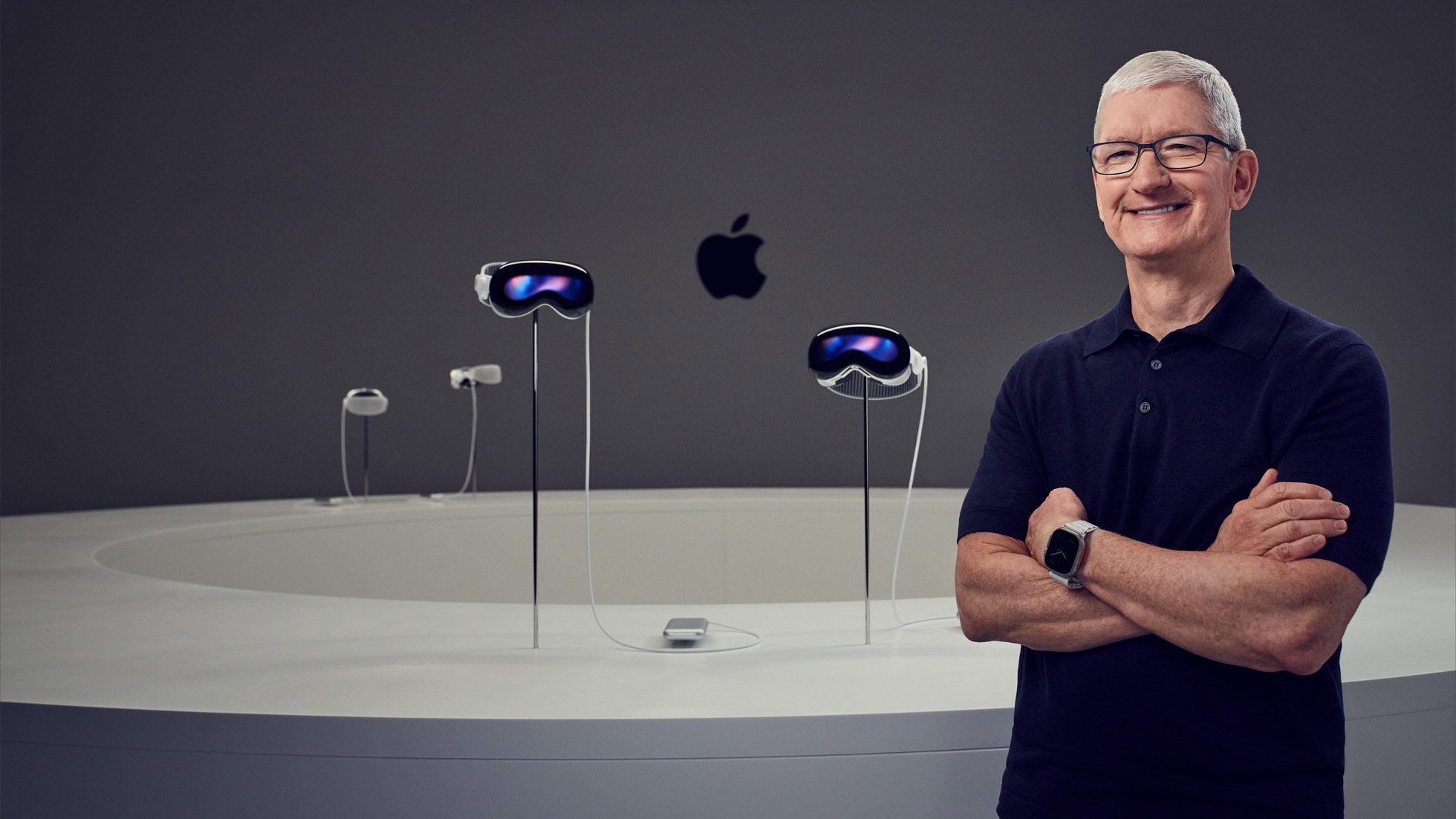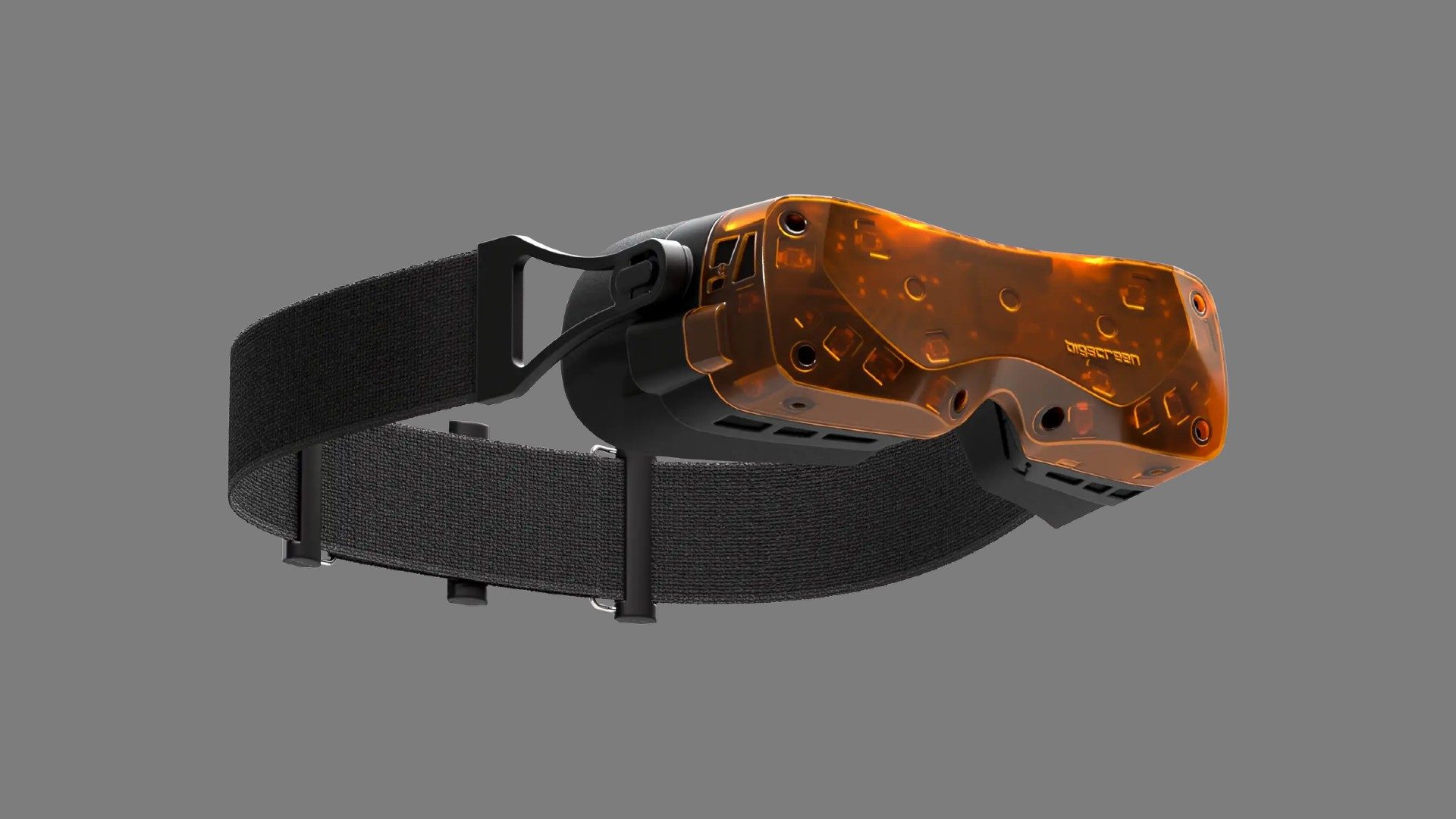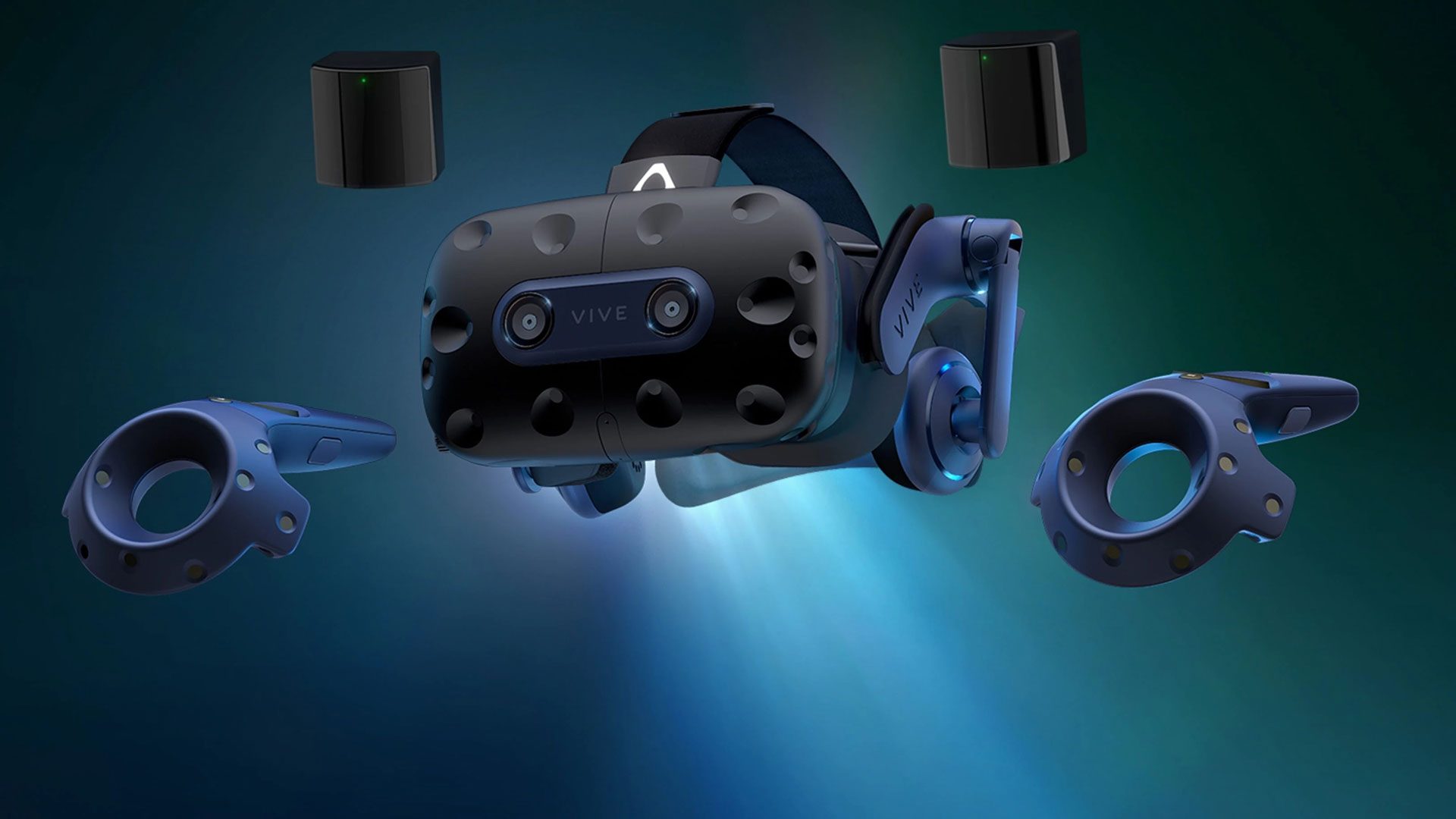Last year, whispers surfaced about Amazon’s efforts to give its virtual assistant, Alexa, a major makeover. Dubbed “Remarkable Alexa” or, intriguingly, “Project Banyan,” this upgraded version was said to include capabilities for generating AI-driven news rundowns, as well as helping with a vast array of tasks, all powered by artificial intelligence.
The details of the leak suggested that we could expect this new Alexa by October 2024, offered as a subscription service at $10 per month. However, Amazon seems to have hit a few bumps along the way. Despite multiple reports suggesting it might launch this year, this AI-enhanced assistant appears to need a bit more time before it makes its grand debut.
A recent article from The Financial Times sheds some light on why there’s been a delay. It turns out Amazon is facing some “technical hurdles,” specifically dealing with the challenge of AI “hallucinations”—a term for when AI generates incorrect or nonsensical information—hindering the wide release of the updated Alexa.
Such problems aren’t new. Early iterations of Bing Chat Copilot and ChatGPT also ran into trouble when they started delivering inaccurate answers, leading to a backlash. Microsoft’s solution back then was to set character limits to curb these mishaps.
Rohit Prasad, Amazon’s artificial general intelligence (AGI) lead, chatted with The Financial Times about the importance of keeping these hallucinations to an absolute minimum. He linked the postponed launch to the fact that users would be leaning heavily on Alexa’s impressive AI capabilities around the clock, increasing the risk of it spewing false info.
Prasad candidly acknowledged that AI hallucinations present a significant hurdle for any company in this field but assured that Amazon is diligently working towards a fix. Beyond addressing these hallucinations, another goal is to amp up Alexa’s response speed, ensuring users enjoy a seamless experience.
Prasad also mentioned how involved the process is, saying, “Sometimes we underestimate the sheer number of services integrated into Alexa. These applications are handling billions of requests weekly. To make sure these actions happen swiftly and reliably, it has to be done cost-effectively.”
Interestingly, while Alexa powers myriad smart devices found in millions of homes, Amazon’s not exactly raking in the profits from this division. Revealing documents from last year showed Amazon’s device segment, encompassing Echo gadgets, Kindles, Fire TV Sticks, and the like, lost over $25 billion between 2017 and 2021.
Even the suggestion of a paid tier for Alexa by Amazon CEO Andy Jassy last year didn’t exactly boost morale among engineers. They weren’t too optimistic, doubting it would be the lifeline needed for Amazon’s beleaguered device business.










![[FREE Game] Ruffy and the Riverside Giveaway for PlayStation 5 (NA) [FREE Game] Ruffy and the Riverside Giveaway for PlayStation 5 (NA)](https://www.xgamernews.com/wp-content/uploads/2025/06/PlayStation-5-Ruffy-and-the-Riverside-A-Comprehensive-Review-360x180.jpg)



































